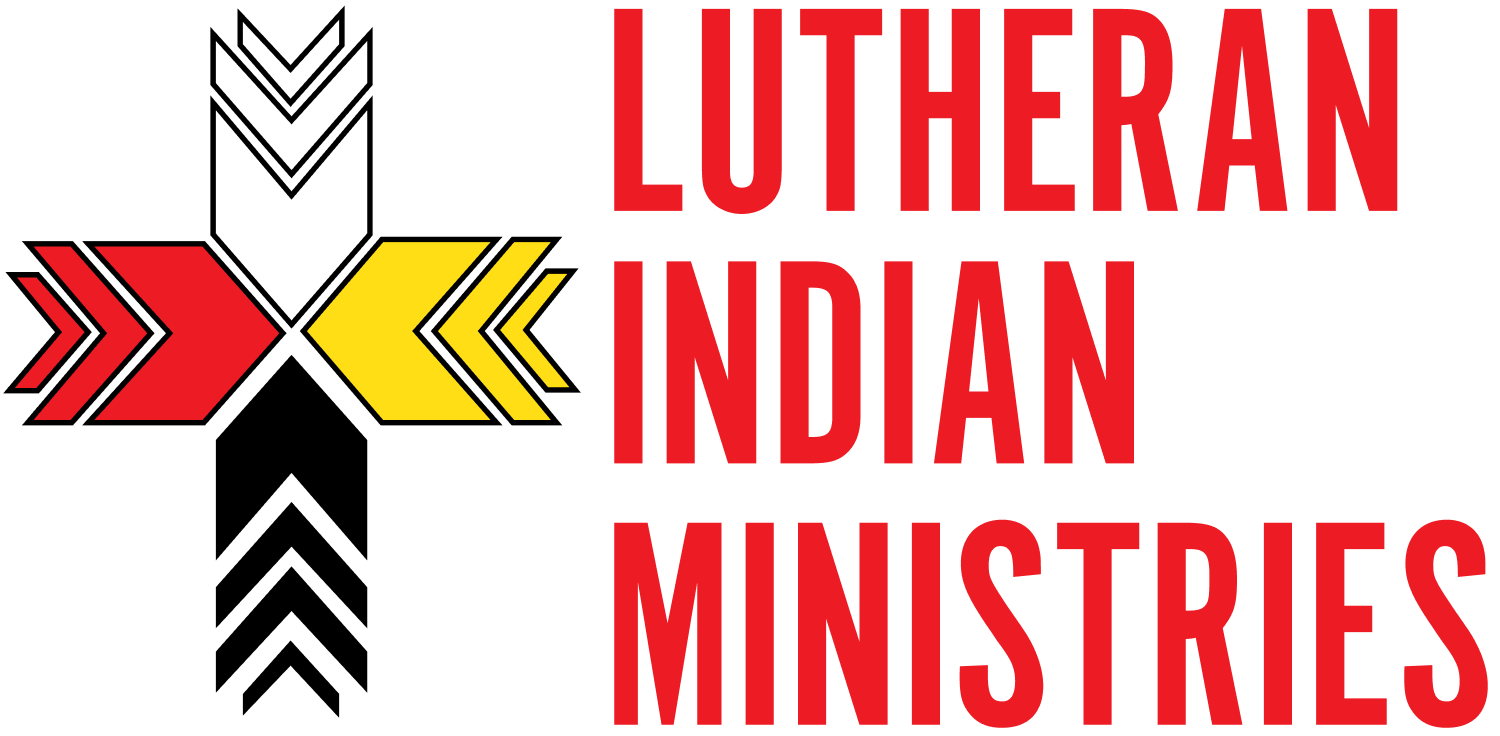What is Confession? (What do Lutherans Believe?: Part 4)
This is a seven-week devotion by Pastor Ricky Jacob, of Winnebago, Nebraska.
(Read the full series here)
It is still all about Jesus.
This year marks the 500th anniversary of the Lutheran Reformation. Some of you may wonder, just what do we Lutherans believe?
Today, I will attempt to summarize just one of the chief articles of faith that we Lutherans believe and teach, based solely on the sacred Word of God.
Today's chief article of faith: What is Confession?
At the time of the Lutheran Reformation, the practice of confessing sins privately and confidentially to a pastor had been a well-accepted church practice for over one thousand years. Private confession and absolution was never something Lutherans wanted to get rid of, but as time went on, the practice fell into disuse. But clearly, at the time of the Lutheran Reformation, the Lutheran church assumed that private confession would continue to take place.
Our Lutheran churches teach that private absolution should be retained in the churches. However, in confession, an enumeration of all sins is not necessary, for this is not possible according to the Psalmist:
Who can discern his errors? (Psalm 19:12 ESV)
So, what exactly is confession from a Lutheran perspective?
Confession has two parts. The first is that we confess our sins. The other is that we receive absolution, or forgiveness, from the confessor, as from God Himself, and in no way doubt but firmly believe that our sins are forgiven before God in Heaven.
Which sin should we confess? Before God, we should plead guilty of all sins, even of those we do not know, as we do in the Lord's Prayer. But before the confessor, we should confess only those sins that we know and feel in our hearts.
James offers these words of instruction, regarding confession:
Therefore, confess your sins to one another and pray for one another, that you may be healed. The prayer of a righteous person has great power as it is working. (James 5:16 ESV)

